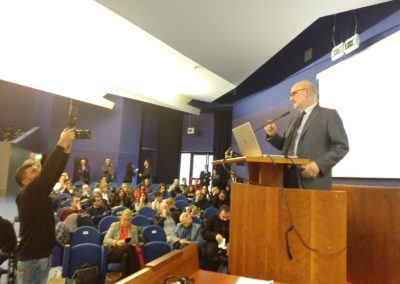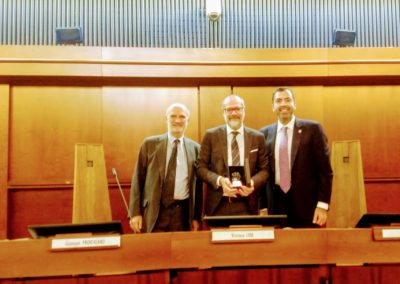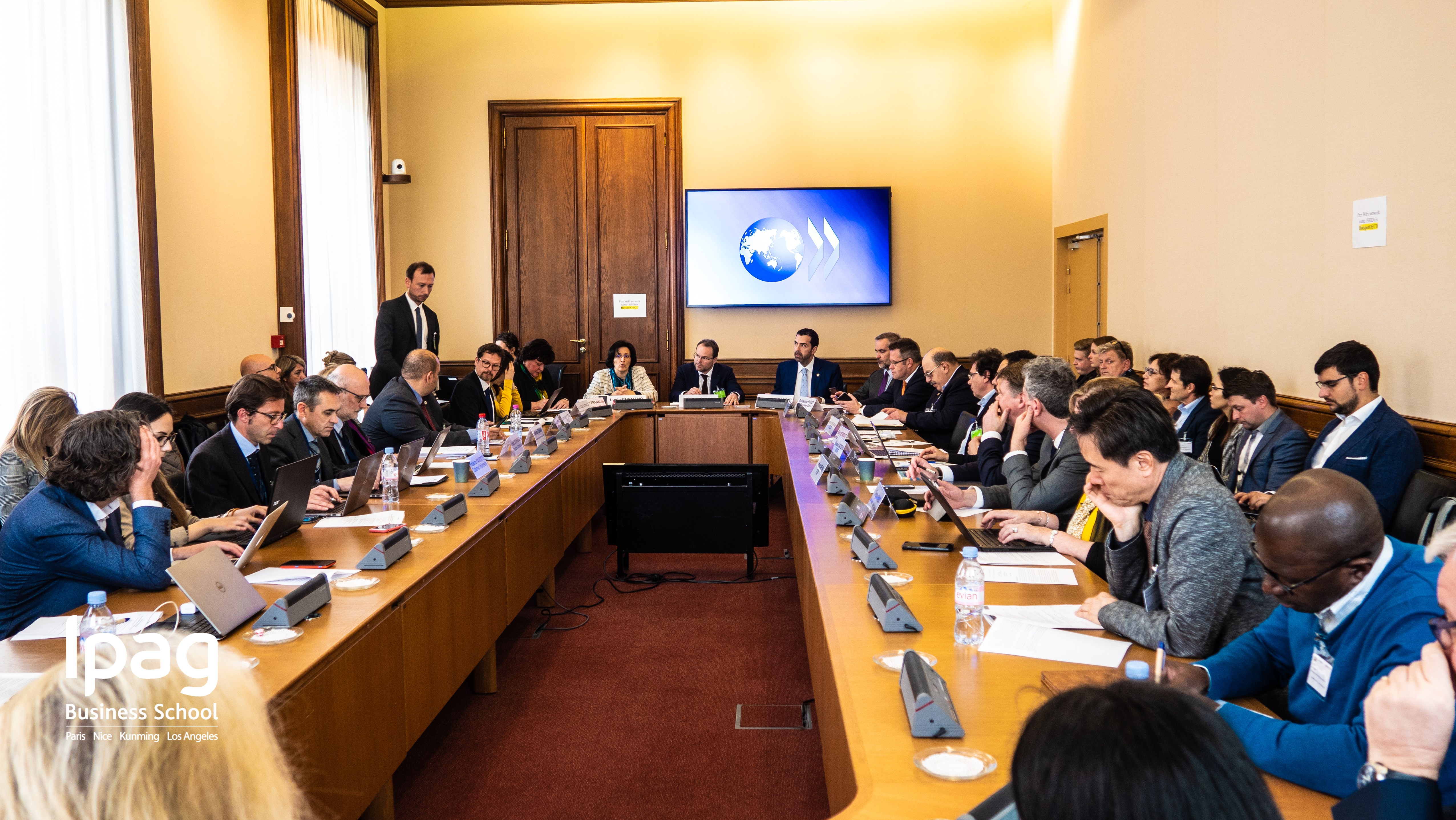
Italy 2019 Global Entrepreneurship Conference
Italy 2019 Global Entrepreneurship Conference
Saturday, November, 23, 2019
Italy 2019 Global Entrepreneurship Conference
Saturday, November, 23, 2019
A Reflection of the Global Entrepreneurship Conference in Italy.
On November 18thand 19th,the second edition of the “Italy Global Entrepreneurship Conference”was held. This year’s conference organized in collaboration with the University of Salerno with the main theme of Humane Entrepreneurship and Technology Innovation.
The first day of the Conference took place in Vietri Sul Mare, the gateway to the Amalfi Coast. In the morning, the debate was about Humane Entrepreneurship Theory Development (Kim et al. 2018; Parente et al. 2018) and its measurement. To that end, the research group of prof. Roberto Parente illustrated the developments of the proposed measurement scale of Humane Entrepreneurship, exposing the state of the art of research and future developments in a presentation entitled “Humane Entrepreneurship Theory development and Measurement scale: Where Are We? How to move on?”. Director of ICSB Dr. Ayman El Tarabishy, ending up the session connecting the different streams of researches ICBS is heading in the world.
The second day of the conference took place at the University of Salerno, with the special Conference on “Industry 4.0, technological innovation, professions, and society: an opportunity for Italy and the South”. At the meeting, speakers discussed how technological innovation and the application of digital technology to production and distribution processes opened the doors to the “Fourth industrial revolution.” Prof. Parente in his Introductory speech stressed the point that if correctly understood and managed, digital technologies can help to create better jobs and to improve the environmental sustainability of industrial processes. The Conference started with a welcome speech by Rector of the University of Salerno, Prof. Vincenzo Loia. Than the deputy director of the Corriere Della Sera, one of the most important Italian daily newspaper, Dr. Venanzio Postiglione moderated a public debate between Minister for the South, Giuseppe Provenzano, the president of Italian Business Association, Vincenzo Boccia, and the Deputy General Secretary of the labor union CISL Luigi Sbarra, Dr. Lucia Cusmano of OECD and Marco Piemonte a Manager and Chartered Account. Dr. Ayman El Tarabishy made a final speech and took the floor to present an ICSB Global Award to the Rettore of the University.


























